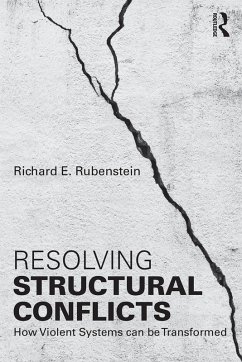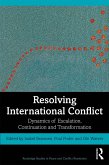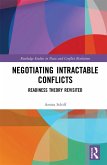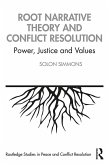This book analyses structural or system-generated conflicts and poses the fundamental question: 'If there are systems generating this conflict, how can they be changed?' Showing how systems established to maintain a peaceful social order sometimes end by generating serious violence, the author discusses how to envision and implement new methods of transforming violence-prone systems.
Dieser Download kann aus rechtlichen Gründen nur mit Rechnungsadresse in A, B, BG, CY, CZ, D, DK, EW, E, FIN, F, GR, HR, H, IRL, I, LT, L, LR, M, NL, PL, P, R, S, SLO, SK ausgeliefert werden.









